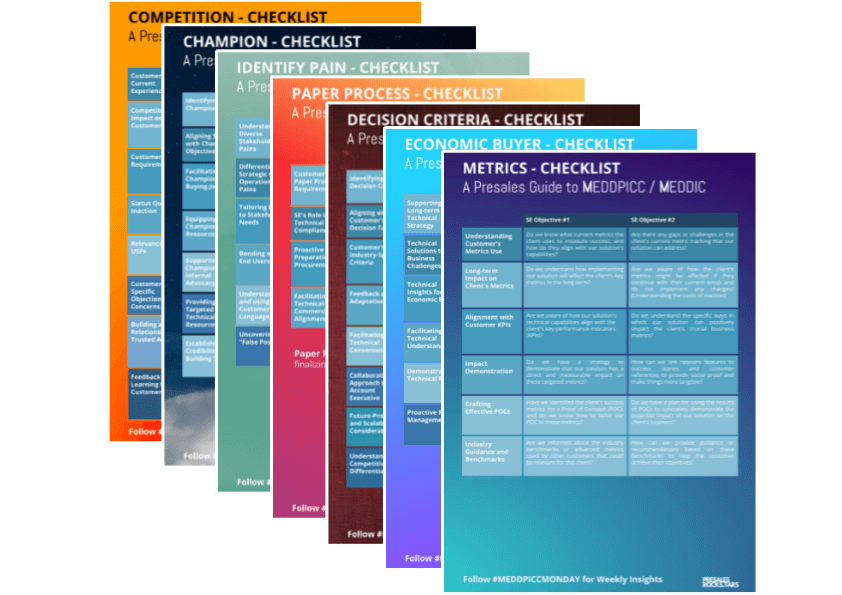
Wondering why companies invest such little time and money improving their product demos, I started to systematically create the Software Demo Masterclass.
It is a step-by-step guide that will walk you through the various elements of a product demo, providing tools and techniques to improve your demo performance and presentation skills.
The Software Demo Masterclass is based on my own experience selling complex B2B-software, and has been enriched with extensive research from industry-leading presales and communication experts.
It is a growing online-resource to empower as many presales folk as possible to deliver compelling and engaging demo.


